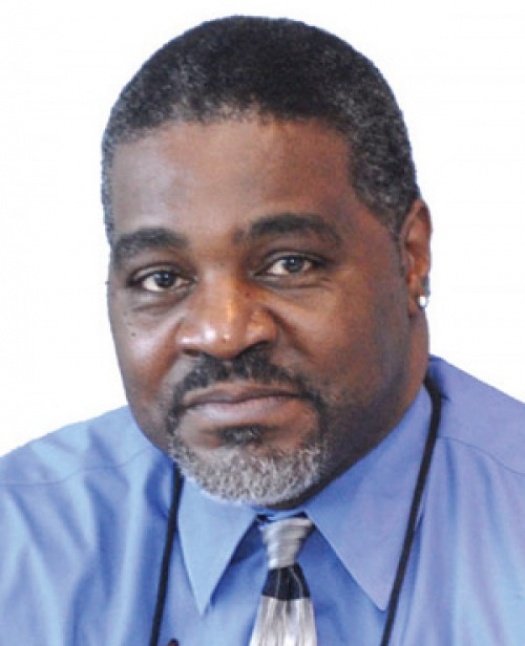
Idon’t know Rev. Jeremiah Wright. I’ve never attended his church or heard one of his sermons. I’m told they are educated, and bible-based and that his version of fire and brimstone is aimed at society as well as sinners.
But I would like to thank Rev. Wright because his notoriety has thrust race, and particularly the racial divide that scars this nation, into the forefront. It is a conversation that has been dodged by all of the ethnic groups that make up this melting pot, and, as a result, is melting down our civility.
His notoriety sparked one of the most eloquent and meaningful public speeches of the past 40 years, a message from U.S. Sen. Barack Obama (D-Ill.). I know his speech had a political tinge to it, delivered in the midst of a hotly contested, and bitterly fought presidential nomination campaign, but it rose above politics, above partisanship, by challenging this nation to aspire to perfection, rather than a racist status quo.
Achieving that perfection will require, at the very least, conversation, and let’s hope that Obama’s speech will at least start the conversation. But, unfortunately, history is not kind when it comes to a serious conversation about race in this country. The last time this country noticed the racial divide was back in 1995.
I remember sitting in my office in Pittsburgh, the only Black editor at my newspaper, as the verdict for the O.J. Simpson trial was delivered. Now, make no mistake, I believe O.J. did it.
I believe he killed Nicole Brown Simpson and Ronald Goldman and that the brilliance of the late Johnny Cochran and the weakness of the case put forth by the prosecution combined to let him get away with it. But I remember that as the verdict was announced, many of the white people in my office, some of whom professed friendship to me, looked at me as if I had stolen something.
I saw things bubble to the surface that I had led myself to believe had been buried forever because we had come so far as a society, as a country, regarding race. People suddenly felt comfortable saying out loud what they had hidden under the blanket of political correctness or just plain civility.
That moment, that opportunity for frank discussion, passed, and those feelings again went underground, just below the surface. We patted ourselves on the back that we were progressing so far, and we extolled the growth of the Black middle class, and the Hispanic middle class and other signs of racial maturity.
We haven’t opened the dialogue on race that we should have because it is uncomfortable, and because we don’t see it solving a problem that has taken 232 years to take root and permeate and poison every segment of our society%uFFFDfrom economics to education, from the pulpit to politics.
We haven’t had that discussion even as we export that racism around the world, so that even our newest immigrants come to these shores armed with racist attitudes fed to them by media, government and church. I’m still willing to have the conversation, however, and I’m even willing to concede that I may harbor some racist sentiments.
I recognize that I’ve been taught well by some of the best racists in America who first taught me to hate myself and who then told me that they were sure that I hated them. It will take more than conversation to make a difference.
It will take hard work, and a commitment to making a change. We’ve become very comfortable with our denial and we had lulled ourselves into believing that on some level, we trusted each other. We don’t, and Obama and the nation are being slapped in the face by that cold reality.
But Wright has become the catalyst and Obama has laid down the gauntlet. How we bridge this divide will define this nation for the next 232 years.
______ Copyright 2008 Chicago Defender. All rights reserved. This material may not be published, broadcast, rewritten, or redistributed. á

